A policy paper published by Article 19 has provided guidelines to help establish the difference between hate speech and freedom of expression
CATEGORY: European Union
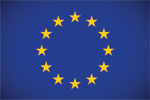
The EU and free expression: Human rights dialogues
To promote freedom of expression and other human rights, the EU has 30 ongoing human rights dialogues with supranational bodies, but also large economic powers such as China.
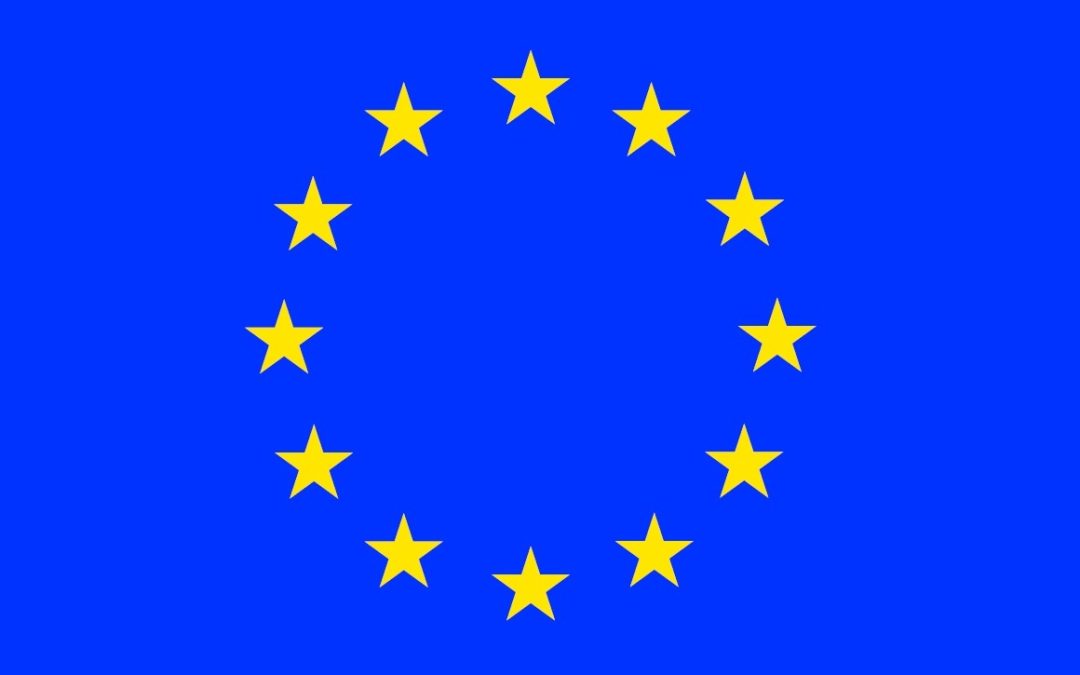
The EU and freedom of expression in its southern neighbourhood
In response to the Arab Spring, the EU shifted the focus of its neighbourhood policy from economic development towards human rights.

The EU and freedom of expression in the world
Collectively, the European Union of 28 member states has an important role to play in the promotion of freedom of expression in the world.

EU lacks a coherent strategy on free expression in digital sphere
The EU has made a number of positive contributions to digital freedom, but it must do more.
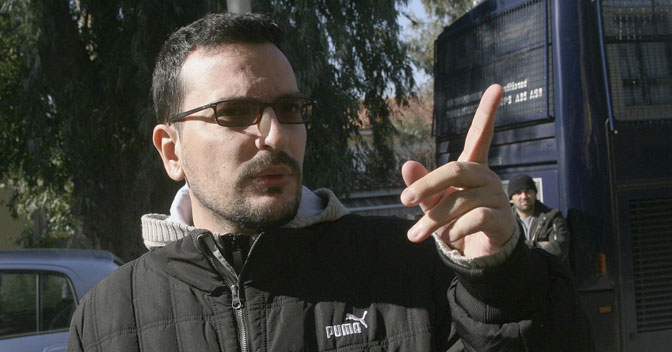
EU and free expression: Threats against the media and journalists
The main threats to media freedom and the work of journalists are from political pressure or pressure exerted by the police, to non-legal means, such as violence and impunity.
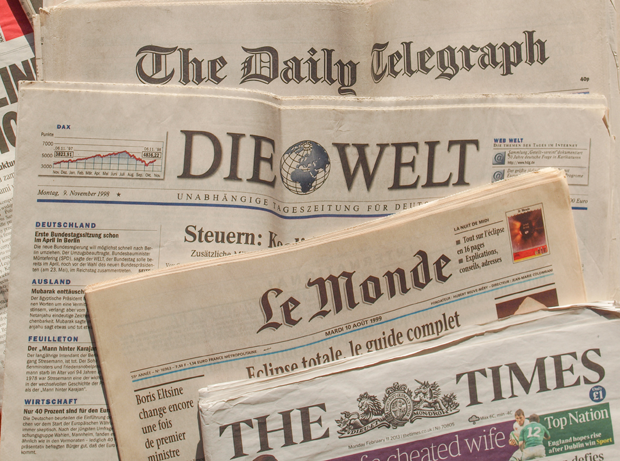
The EU’s commitments to free expression: Media plurality
Media plurality in the EU is an essential part of guaranteeing the media is able to perform its watchdog function. Without a plurality of opinions, the analysis of political arguments in democracies can be limited.
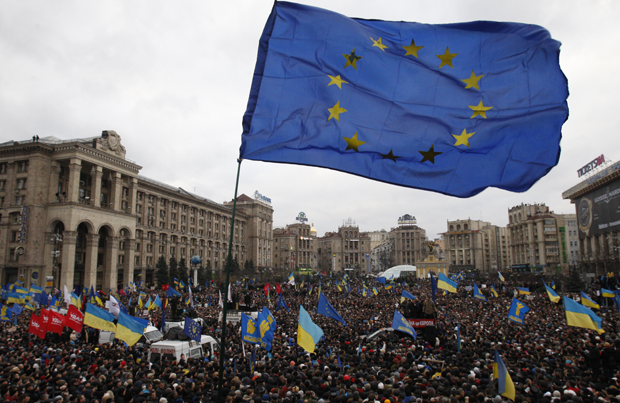
The EU’s commitments to free expression: media freedom
There are a number of challenges to media freedom within the EU, in particular media ownership patterns, political and state pressure in the operation of the media and overly prescriptive regulation of the media.
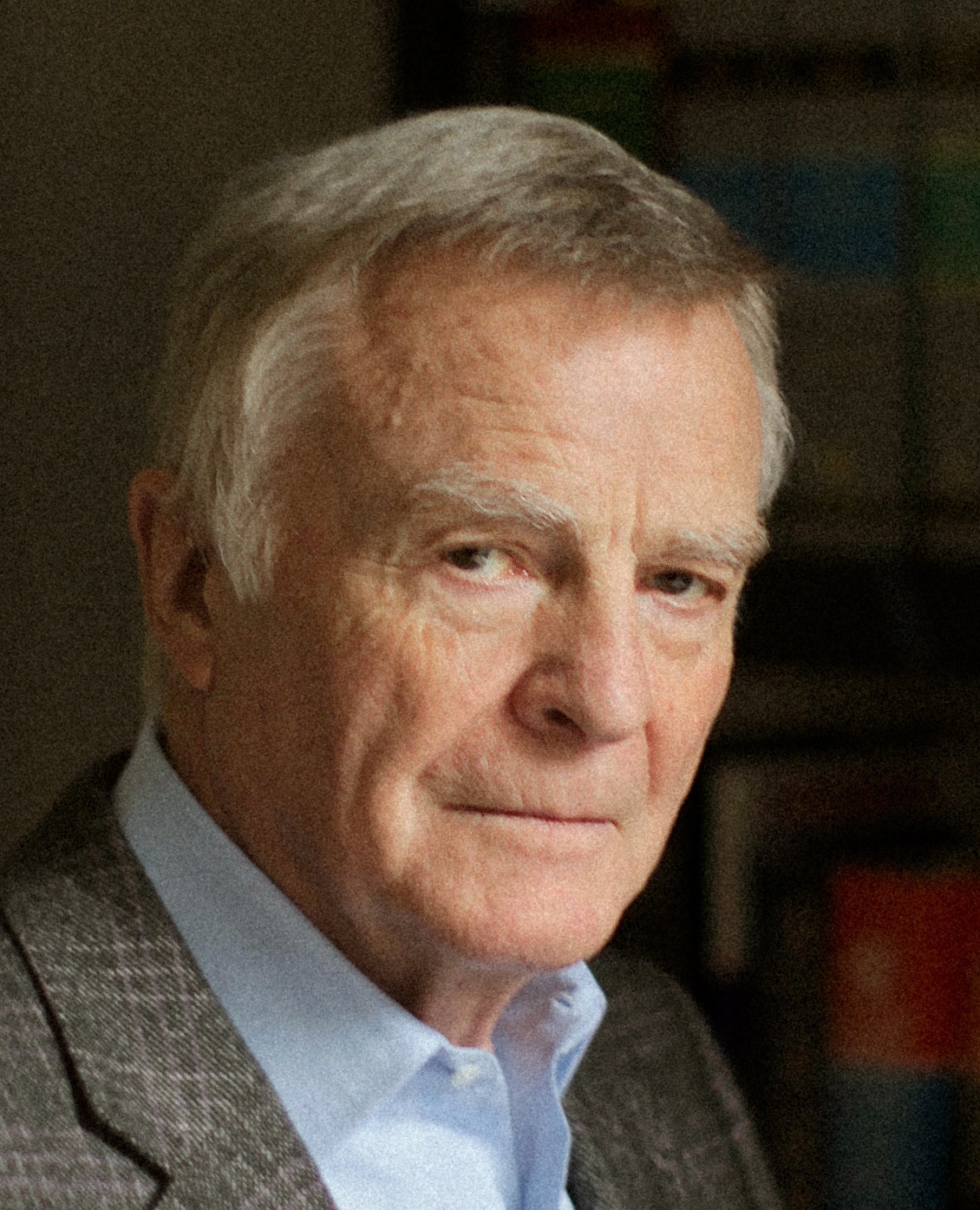
The EU’s commitments to free expression: Libel and privacy
The law of libel, privacy and national “insult” laws vary across the European Union. In a number of member states, criminal sanctions are still in place and public interest defences are inadequate, curtailing freedom of expression.
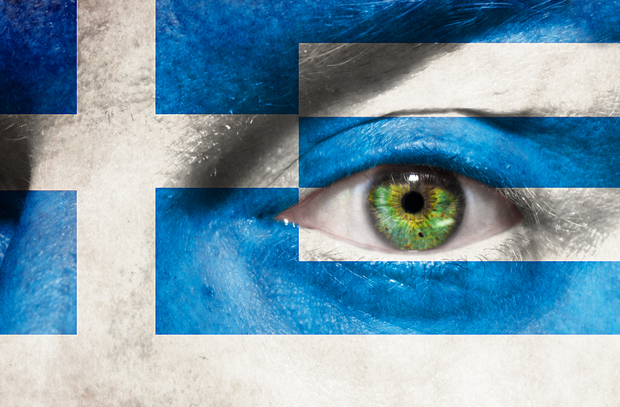
Greece: Freedom of expression takes a beating
As Greece prepares to take on the presidency of the Council of the European Union on January 1, the country continues to grapple with the free expression fallout from its financial crisis. Christos Syllas reports
